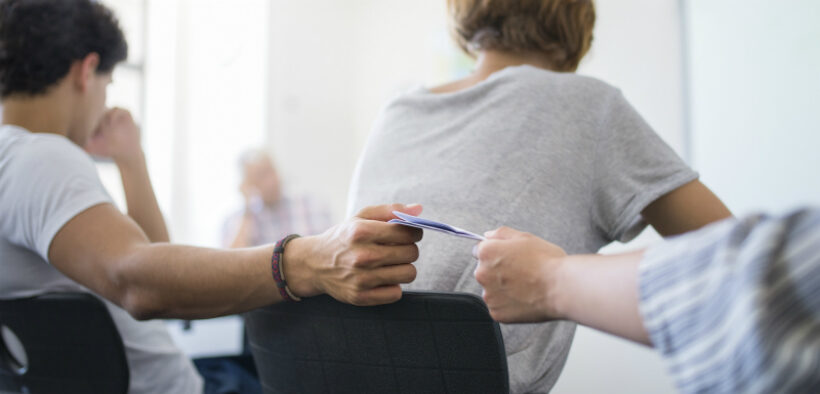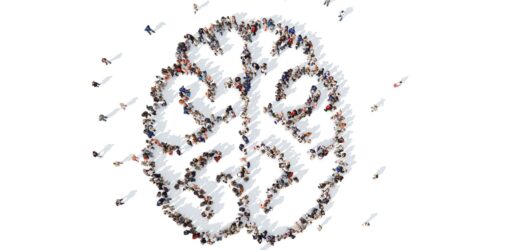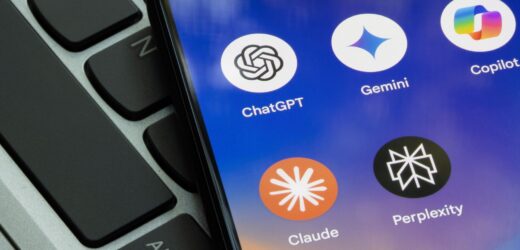I’m thinking of those annoying things that students do, such as getting to class late, leaving early, sleeping in class, misusing electronic devices, and talking or eating during class. Your list might be different, but what really matters is how we respond to annoyances and what those responses do to or for efforts to learn in the course. While I don’t have a corner on the best way to respond, here are some options for you to consider.
Dealing with Disruptive Annoyances

Related Articles
I have two loves: teaching and learning. Although I love them for different reasons, I’ve been passionate about...
“Why does my edition of Hamlet read ‘O, that this too, too sullied flesh would melt,’” my student...
After all, nearly every large language model (LLM) is good at summarizing readings, synthesizing large amounts of data...
In 1906, Francis Galton was visiting a livestock fair when he stumbled upon an interesting contest. Local villagers...
I often wear sunglasses on my walk from my parking spot on campus to my office. I recently...
Students taking online classes represent a key part of the college-attending population. Demand for online classes and online...
As AI use continues to grow in the field of education, we are only beginning to discover potential...








